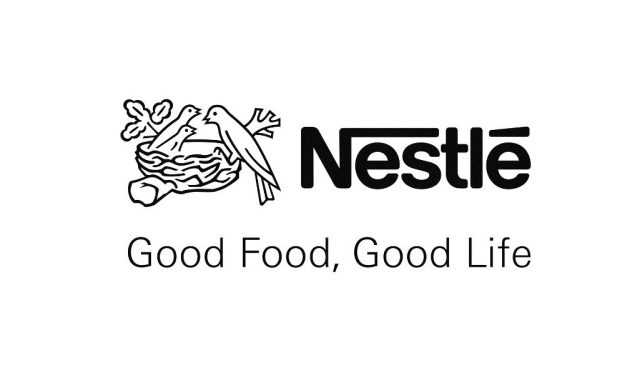Share your coffee stories with us by writing to info@comunicaffe.com.
GATWICK, UK – Nestlé UK & Ireland and Cargill launch their latest regenerative agriculture initiative, a UK supply chain trial, to assess whether cocoa shells from a confectionery site in York could be used to create a low carbon fertiliser. This two-year trial is designed to evaluate the fertiliser’s performance on crop production, soil health and greenhouse gas (GHG) emissions reduction.
If successful, up to 7,000 tonnes of low carbon fertiliser could be produced and offered to farmers in Nestlé’s UK wheat supply chain. This amount of fertiliser equates to around 25% of Nestlé UK’s total fertiliser use for wheat.
The production and use of conventional fertiliser accounts for approximately 5% of global GHG emissions¹, and more than half of the carbon footprint of wheat grown in the UK is related to fertiliser use.
Recycling valuable nutrients from waste streams within the food system provides a promising opportunity to create a lower emissions supply chain. Scaling up low carbon fertiliser production in the UK can provide farmers with a more sustainable product at a reliable price.
The cocoa shells are supplied by Cargill, which processes the cocoa at the York facility to become key ingredients in iconic products like KitKat and Aero. A trial volume of cocoa shell has been processed and pelletised by Swindon-based CCm Technologies.
The trials, which were designed and are being overseen by York-based Fera Science Ltd, are currently taking place on arable farms in Suffolk and Northamptonshire. They are designed to investigate the performance of the fertiliser in terms of wheat yield and quality. They will also assess the impacts on soil biodiversity and GHG emissions in comparison to conventional products applied on the same farms.
For all companies involved, turning cocoa shells into a lower carbon fertiliser embodies their commitment to innovation, collaboration and creating a more sustainable supply chain. This project is an example of the innovative solutions that Nestlé is investigating to help achieve net zero emissions by 2050. Nestlé has also committed to sourcing 50% of its key ingredients from regenerative agricultural methods by 2030.
Nestlé’s focus on regenerative agriculture is underpinned by its work with the Landscape Enterprise Networks (LENs). LENs is an independent trading community which connects businesses with a common interest to protect and restore the environment in which they operate.
Regenerative agriculture is also a key element of Nestlé’s Cocoa Plan, as it works closely with farmers in countries like Côte d’Ivoire and Ghana to create a more sustainable supply chain for cocoa.
¹ Greenhouse gas emissions from nitrogen fertilizers could be reduced by up to one-fifth of current levels by 2050 with combined interventions by Yunhu Gao and André Cabrera Serrenho.















